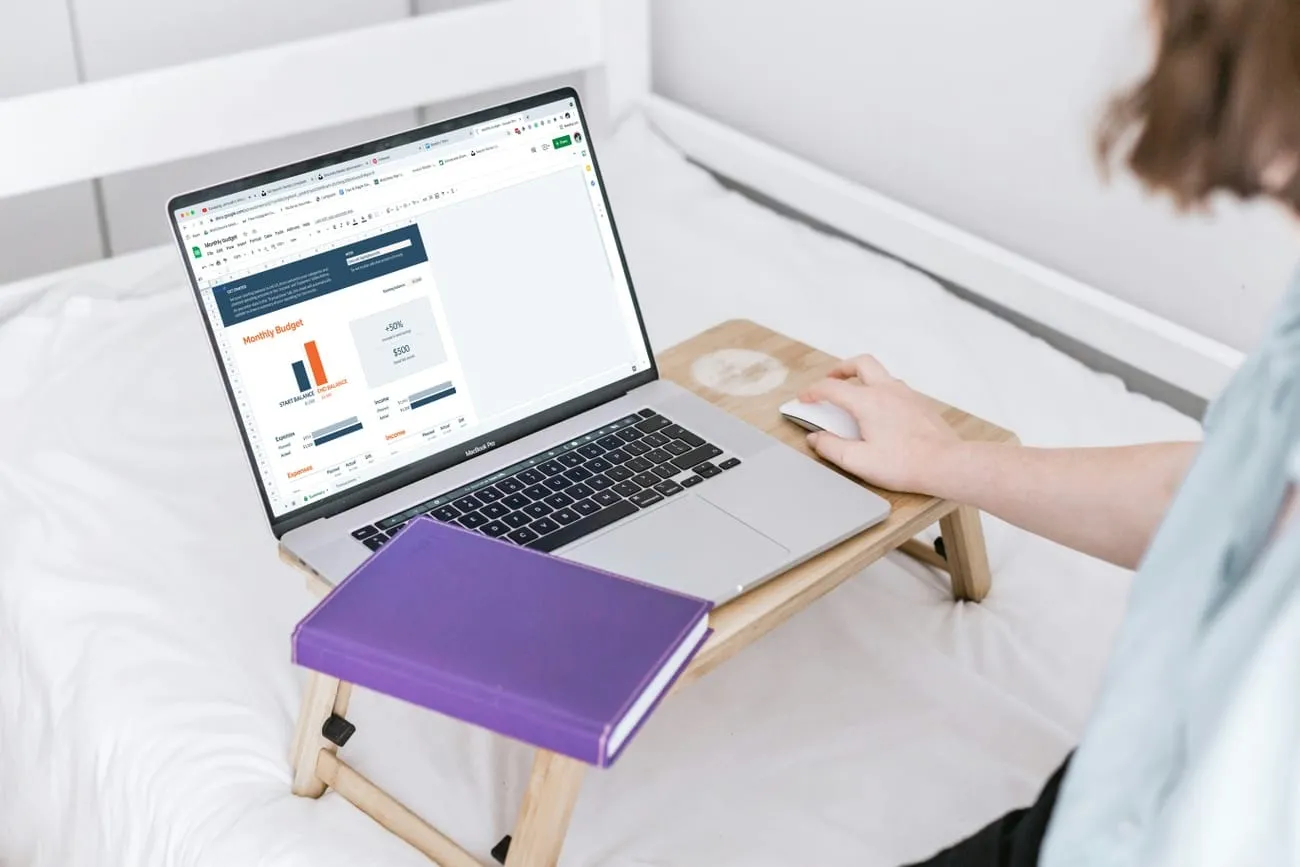Your Ultimate Tax Time Checklist

Tax time is upon us again. This year, some important changes are rolling out that will affect small business owners and sole traders.
These practical tax tips will help you maximise your FY23 tax return without running afoul of the ATO.
Our tax-time tip: The end of the financial year (EOFY) is also a great time to conduct a business name check. While you’re reviewing your company’s finances, check the registered business name and all associated information is up to date so you can enter the new financial year worry-free.
The online business services helping small businesses at EOFY
Unless you’re a tax accountant, the rules around returns, deductions, dividends and declarations can be downright confusing. Tax is also highly individual.
The first step to untangling your tax return is knowing where to seek help and the deadlines for completing certain tasks.
Key EOFY dates in 2023
- June 30: End of the 2022-2023 financial year
- October 31: Deadline to lodge your own tax return
- November 21: Due date for tax bills
- May 15 (2024): Deadline for tax accountants to lodge a tax return on your behalf
Tax differences between sole traders and registered companies
Before using online business services to complete your tax return or get help with EOFY tasks, you need to understand your business structure.
Sole traders and registered companies have different tax obligations. For example:
- A sole trader’s tax information goes into their personal return, while Australian companies must submit separate returns
- Companies must keep financial records for seven years to comply with the Corporations Act (2001), while that drops to five years for sole traders
- Sole traders are subject to the tax-free threshold ($18,200 in 2023), whereas companies pay tax on every dollar earned
- The full company tax rate of 30% applies to most registered companies, however sole traders pay the individual tax rate
Our tax-time tip: Not sure whether you operate a registered company or sole trader setup? The Australian Business Register’s business name lookup tool, accessible via their website, can help.
Common tax deductions for small businesses
Expenses incurred as part of running your business may be deductible. “Deductible” does not mean the ATO will reimburse the full cost, but you can reduce your taxable income by claiming things like:
- Training and education, including self-education
- Essential equipment
- Work-from-home setups
- Reimbursement for work-related travel
- Required uniforms, including laundry costs
- Memberships and accreditations
- Entertainment, functions and meals
- Charitable donations
- Tax accountant costs
Limits apply to deductions. Eligibility also varies between sole traders and companies, so it pays to speak with a financial professional before claiming deductions.
Our tax-time tip: Keep detailed records – including receipts – if you plan to make deductions at EOFY. The ATO is cracking down on false and inflated deductions, and dishonesty can attract significant penalties.
What’s changed in the 2023 financial year?
Tax obligations and concessions change all the time. Sometimes in the favour of small businesses, and sometimes not. Often it’s a mixed bag.
The significant changes you should be aware of this year include:
- It’s no longer necessary to reduce self-education expenses by $250
- Low and middle-income tax offset (LMITO) is no longer allowable, meaning you may receive a lower refund or higher tax bill
- The cents-per-kilometre deduction increased from 72c to 78c for personal vehicle use during work-related trips
- The fixed-rate method for working from home expenses rose from 52c to 67c per hour, while the shortcut method is no longer available
- Small businesses investing in skills and training receive a boost in the form of an additional 20% deduction
- Registered companies can claim a bonus deduction for digitising their operations, capped at $20,000 for a $100,000 investment
- Companies that develop digital games in Australia can offset up to 30% of their (eligible) expenditure under new legislation establishing a Digital Games Tax Offset
See all the FY23 changes here.
Tips to get ahead for next year
EOFY can be a painful time for small business owners who neglected to prepare during the year.
You can prevent an unexpected tax bill by using online business services, organising your financial records and working with a tax professional.
Business services online
- Report payroll information through Single Touch Payroll
- Sole traders can link Medicare, myGov and ATO services for easier access to essential records
- Check your registered business name, renew your registration and register new business names with Registry’s business name services
- The ATO’s tax calculators help to estimate your tax liabilities
Keep detailed financial records
Consider outsourcing record-keeping to a bookkeeper or combining accounting and tax with the same partner. As well as reducing your workload throughout the year, a tax accountant can help you understand and maximise your EOFY tax position.
Use Registry’s automatic business name renewal services
Our online business services make it automating business name renewal easy, so you don’t need to perform a business name check to remember when fees are due. You’ve got enough to think about at EOFY. Let Registry, a Registered ASIC Agent, lighten your load.
Conduct a financial review
EOFY is a good time to check in on your financial position. Work with your accountant to forecast the year ahead and strategically plan investments, new hires and expansions.
Now is the time for a business name check
Don’t forget to check your registered business names, update outdated details and note your business name renewal date. Use our online business services to get started today, giving you one less thing to worry about when June 30 comes around again.


